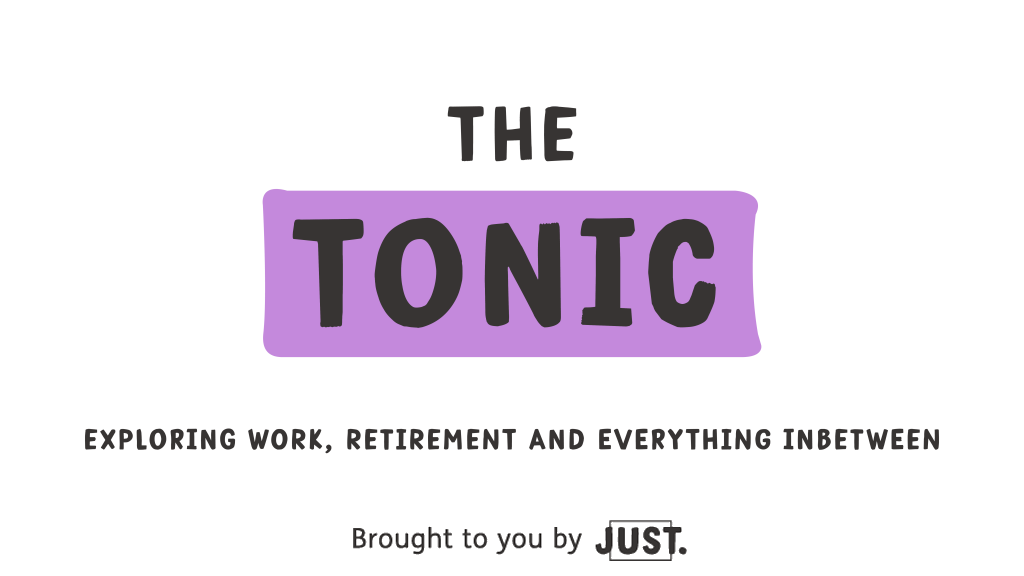Ageism at work is illegal, but it does happen. Training expert Erika Lucas suggests five ways to get noticed in the office – and make sure the boss knows you’re ambitious
An opportunity for promotion comes up. You’ve got bags of relevant experience and it’s right up your street. A team is being put together to work on an exciting new project. You’d love to be involved and your skill-set is bang on, but you’re not even given a look-in.
A younger colleague gets the job.
Sound familiar? Sadly, getting sidelined at work is all too common for people in their 50s and 60s. Managers sometimes assume that more mature workers no longer want to advance their careers, are not interested in training, and are simply sitting it out until retirement.
Older does not mean unambitious
As recent research reveals, however, the majority of over-50s are far from ready to be written off. A report from business school Ashridge, ‘Don’t put baby (boomers) in the corner,’ shows that many older workers are still hugely ambitious, hungry to learn and frustrated by being overlooked.
So what can you do to get your boss to take notice and ensure you’re invited to the party when it comes to new opportunities?
1 Get out of your own way
If you feel like you’re being passed over at work, take a step back for a moment and reflect on whether that really is the case. It’s easy to slip into negative self-talk (“I can’t take the pace any more” or “everyone else is better than me”). Make sure you are not inadvertently sabotaging yourself by slipping into a negative mindset and reading things into situations that aren’t really there. If you genuinely feel you are being treated unfairly at work, sit down with your manager and talk it through calmly and constructively. If you don’t tell people what you want, they won’t know.
2 Get your geek on
There are plenty of people in their 50s who are IT whizzes, but just as many who are a bit afraid of technology. Getting to grips with sophisticated IT systems can be a challenge for those of us who haven’t grown up in the digital age, but if you don’t want to be labelled a dinosaur, you need to show you know your apps from your elbow. If a new system is introduced at work, don’t be the person that insists it was fine the way we did it before. Be the first to put your hand up for training, or volunteer to help pilot the new approach. Take an interest in how the company is using technology and show that you are willing to learn.
3 Blow your own trumpet
If you grew up in an era where bragging wasn’t the done thing, shouting about your achievements can feel really uncomfortable. The harsh truth, however, is that being a wallflower at work isn’t going to do you any favours. Younger colleagues have grown up in the social media age and are used to sharing every last detail of their work and personal lives. They have no inhibitions about blowing their own trumpet… and as a result will be much more visible than you, when it comes to new opportunities. Start thinking of ways to build up a personal brand. Write a blog for the company intranet, for example, or offer to run an internal training session in your area of expertise.
4 Make the most of mentoring
Mentoring younger colleagues can be a great way to highlight the depth of your knowledge and experience. If your company has a formal mentoring scheme, offer to get involved. If they don’t, you could offer to help set one up. Remember that mentoring doesn’t have to be a top-down process. Reverse mentoring, where younger colleagues help managers keep their finger on the pulse of what’s happening lower down in the business, can be really useful too. I’ve personally found being involved in mentoring hugely rewarding. I’ve been able to help younger colleagues understand how to negotiate internal politics and given advice on handing difficult workplace relationships, while they in turn have introduced me to the mysteries of Instagram, Snapchat and Twitter. It’s a win-win situation and a cost-effective way for everyone to learn new skills.
5 Keep your cutting edge
If you’ve been in the same job or organisation for a while, it’s easy to become complacent and inward-looking. But if you want to get noticed at work, you need to get out of your bubble and make sure you’re bang up-to-date with the latest developments in your sector. Read your professional press, follow industry experts on LinkedIn and attend conferences and exhibitions whenever you get the chance. Make sure you know what’s happening in the wider business world and other professions too – and demonstrate your worth by bringing your learning and new and innovative ideas back into your role.





Add comment